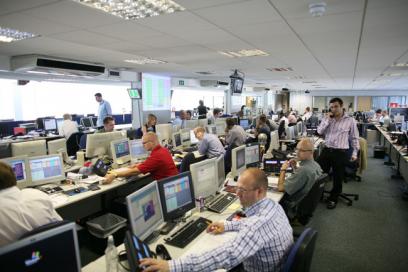
There’s more to personality than a test score
By Luke Smillie, University of Melbourne Have you ever completed a personality test and felt dissatisfied with your scores? Maybe you’ve quibbled with the low score you received on extroversion – a personality trait reflecting outgoing and gregarious behaviour. Well, fine, you’re not a party animal, but when you are out with your friends you…

What is and isn’t a ‘sovereign risk’
By Margaret McKenzie, Deakin University The use of the term “sovereign risk” by Trade Minister Andrew Robb to describe the federal budget stalling in the senate shows just how fast and loosely the term has come to be used. But to whom is the risk? Who would bear the cost of the downside? What caused…

Social media and the loss of ideals
Sum yourself up in a couple of words. Users of social media do it to introduce themselves online. “Surfer, father, writer, film director.” “Yogi, vego, humanitarian.” “Banker, golfer, traveller.” You’re unlikely to see someone list their personal ideals, the goals to which they strive, or the principles that govern their behaviour – “Integrity, Love of…
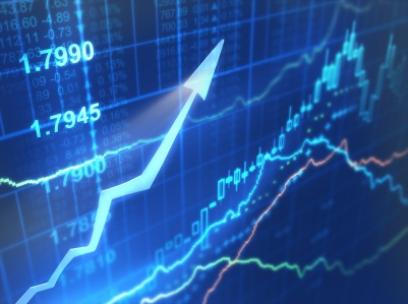
The B20 summit: where cashed-up lobbyists meet to write trade rules
By Remy Davison, Monash University The Business 20 (B20) summit typically attracts the global corporate glitterati, as the usual suspects assemble in alpine retreats like Davos; cinema-infused beach towns like Cannes; or sunny Mexican resorts, such as Los Cabos. Except this year. The G20 will meet in Brisbane. Yes, Brisbane. It’s no surprise, then, that…
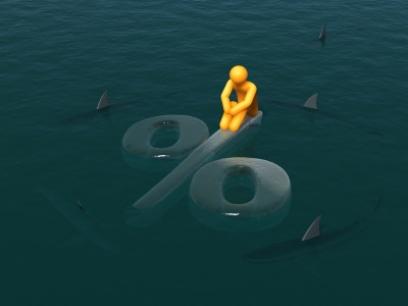
Why growth can’t continue indefinitely
In today’s world, we have a huge amount of debt outstanding. Academic researchers Carmen Reinhart and Kenneth Rogoff have become famous for their book This Time is Different: Eight Centuries of Financial Folly and their earlier paper This Time is Different: A Panoramic View of Eight Centuries of Financial Crises. Their point, of course, is…

Warm countries to dominate the world economy as energy prices rise
The story of energy and the economy seems to be an obvious common sense one: some sources of energy are becoming scarce or overly polluting, so we need to develop new ones. The new ones may be more expensive, but the world will adapt. Prices will rise and people will learn to do more with…

Book review: Dangerous Allies by Malcolm Fraser
By Mark Beeson, Murdoch University Malcolm Fraser occupies a rather unique place in Australia as someone who has, at different times, managed to incense both ends of the political spectrum. If nothing else this is indicative of someone who has a capacity to change his position over the course of a lifetime. Fraser’s new book,…
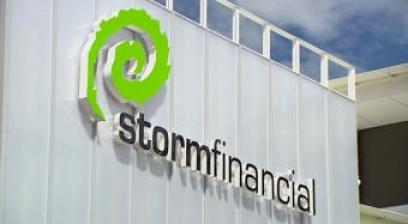
The upside of anger: why workers should express their emotions
By Peter Jordan, Griffith University Anger has traditionally been considered an emotion to be avoided at work as it is often linked to a lack of personal control. Anger at work is often seen as unprofessional; an uncontrolled response linked to tantrums and illogical behaviour. As a result, organisational norms have tended to support the…

The world has fresh water, but it’s full of poison
By Peter Fisher, RMIT University Images of the typhoon-ravaged Philippines were terribly confronting, vividly conveying what an angry planet can dish up. But amid the destruction and death, an important point was largely missed: the world’s freshwater supplies are being degraded by a seemingly endless sequence of extreme events. While infrastructures such as dams, sewerage…
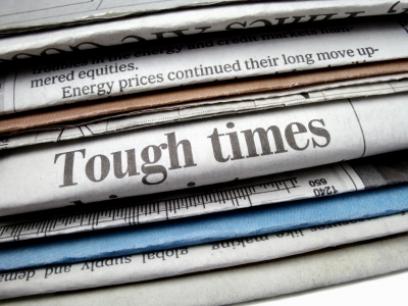
Right to know: the ‘nation’, the ‘people’ and the Fourth Estate
By Martin Hirst, Deakin University We might forgive politicians for putting the “national” interest before the “public” interest. But when the news media makes the same mistake, it is time to be worried. The Guardian and the ABC rightly pursued the story of Australia’s spying activities on both Indonesia and Timor Leste. Not only have…




